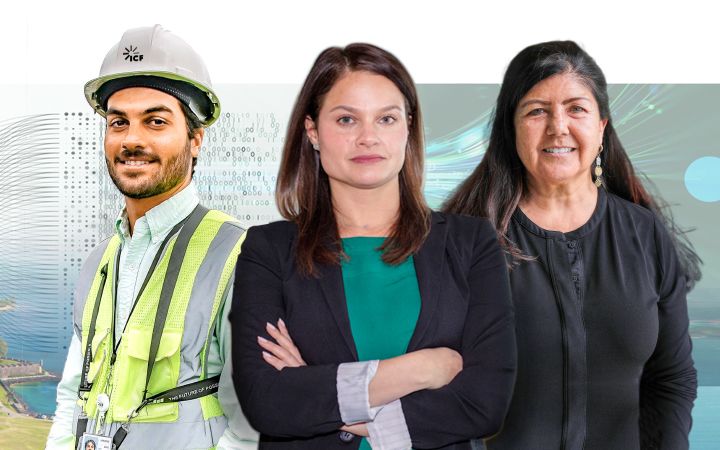How better SAF accounting can support sustainable business travel
While considered essential by many corporations, business air travel takes a toll on the environment—producing an estimated 3%-7% of Scope 3 emissions. Sustainable aviation fuel (SAF) is the focus of efforts to decarbonize aviation, offering a solution available today that has the potential to scale across the industry.
But the current SAF supply is extremely limited, resulting in high prices. The SAF certificate (SAFc) mechanism allows corporations to close the price gap and receive an allocation of the Scope 3 emissions reduction in return, attracting greater investment to the sector, scaling supply, and reducing costs. For corporations that have set emissions reduction targets, it’s essential to understand SAF accounting and corporate reporting best practices.
Read this paper to learn:
- An overview of current SAF accountancy practices and infrastructure.
- Current challenges that SAF certificates face—and opportunities that exist.
- How corporations can support the development of a more robust system.
Download your copy now!
